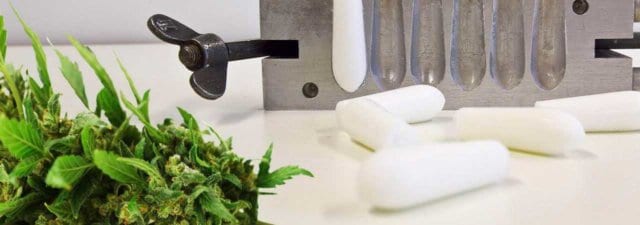Proponents of cannabidiol suggest that high-quality CBD oil can replace all of our daily health supplements or multivitamins.
It is a bold claim, and at present, there isn’t enough research to prove its veracity. We need a variety of vitamins and essential minerals for a healthy functioning body. Each one has unique and distinctive properties. Therefore, it is unrealistic to expect CBD oil to replace every one of them.
However, CBD does share a lot of functional similarities with popular daily supplements. For example, it is a cannabinoid that seems to contain more powerful antioxidants than vitamins C and E.
In this article, we’ll see if CBD can realistically act as a daily health supplement alternative. We also outline the new trend of combining CBD with other vitamins and minerals in one convenient product.
What Are Supplements, and Why Do People Take Them?
In general, we take supplements to fill in the gaps caused by an unhealthy diet. Data from various national nutrition studies show that approximately 35% of American adults fall short of their vitamin D intake. And this is not the only vitamin deficiency we suffer in the modern age.
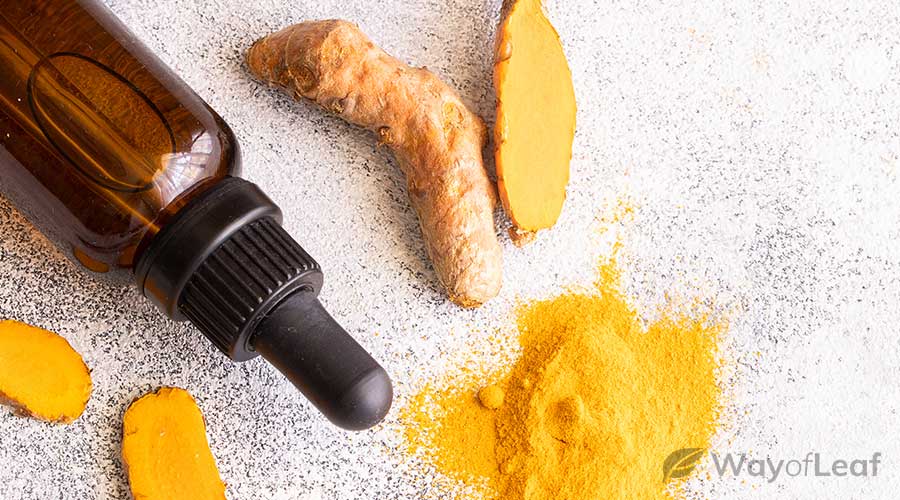
Here are some of the most commonly used daily health supplements in the United States, in no particular order:
- Probiotics
- Protein
- Omega-3 fatty acids
- Whole-food nutrient concentrations
- Multivitamins
- Vitamin C
- Vitamin D
- Turmeric
- Calcium, magnesium, and zinc
- Spirulina
The global dietary supplements market is worth around $168 billion. The industry certainly doesn’t want a usurper like CBD coming and damaging the market share ratio. However, do supplement producers have anything to fear from CBD?
CBD Supplement Benefits
Before proceeding, we’d like to clarify something. CBD brands are not permitted to classify their products as ‘health supplements.’ The FDA is clear about its stance on this matter. It has consistently stated that businesses can’t market their CBD products as dietary supplements. The Administration has sent warning letters to brands that failed to listen.
Be very wary of any company that claims it sells a CBD supplement capable of ‘treating’ any specific medical issue.
It is the same situation with general health claims. CBD companies can’t say the cannabinoid ‘cures,’ ‘treats,’ prevents,’ or ‘diagnoses’ any medical condition. Be very wary of any company that claims it sells a CBD daily supplement capable of ‘treating’ any specific medical issue.
Therefore, sellers must use careful language when outlining how customers can use CBD for daily health.
This is unfortunate because there is plenty of scientific evidence to suggest the cannabinoid could help with a variety of medical issues. Let’s take a look.
What Does the Research Say About CBD?
CBD is a non-intoxicating cannabinoid linked with the following health benefits backed by studies:
- Pain Relief: A 2005 study explored the use of Sativex, a pharmaceutical drug consisting of THC and CBD, on fifty-eight people with rheumatoid arthritis. Researchers found that the volunteers experienced improved pain during movement and better sleep quality after using the drug.
- Reduced Anxiety: A 2019 study in Brazil found that a single 300mg dose of CBD greatly reduced anxiety during a simulated public speaking test.
- Insomnia: A 2016 study discovered that children with PTSD experienced improved anxiety and insomnia symptoms after using CBD.
- Skin Conditions: A 2016 study published in Experimental Dermatology stated that phytocannabinoids possessed “remarkable anti-inflammatory” actions making them “safe novel tools in the management of cutaneous inflammation.” This inflammation generally leads to skin conditions such as acne.
There is also research suggesting that CBD has the following potential benefits:
- Diabetes prevention
- Anti-tumor effects
- Antipsychotic effects
- Help overcoming substance use disorders
- Neuroprotective properties
Therefore, it seems that CBD at least has something in common with daily health supplements; they could both help improve our health. However, this doesn’t mean CBD can replace such supplements.
Comparing CBD to Popular Daily Health Supplements
Let’s compare CBD’s functions to those of each of the supplements mentioned above to see if it is a viable replacement.
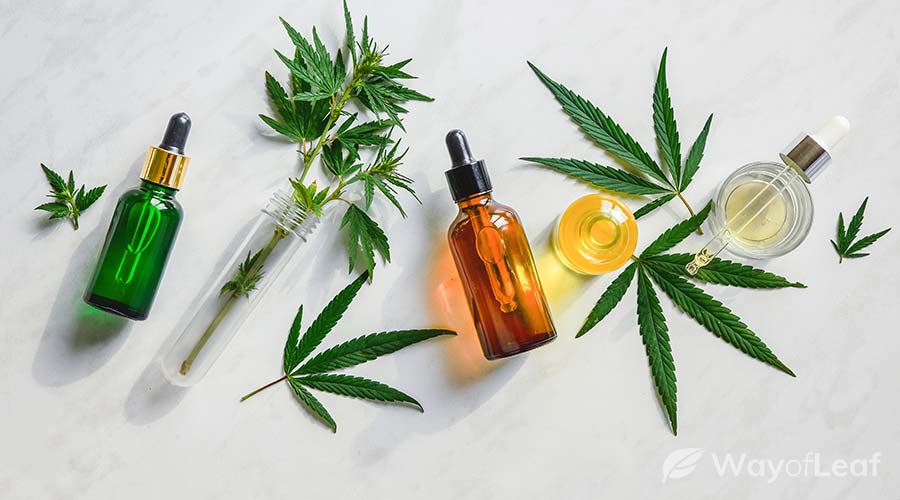
CBD vs. Probiotics
Endocannabinoids are highly prevalent in the gut and intestinal lining. However, CBD does not carry out the same functions as digestive probiotics. One of the key issues with probiotic supplements is how difficult it is to absorb into the intestinal wall. CBD is absorbed in natural receptors in the gut, though.
CBD vs. Protein
Of the myriad health benefits that CBD potentially has, muscle-building and satiety are not necessarily among them. While hemp seeds contain over 30 grams of protein per 100 grams, they have practically no CBD. Then again, you can get the best of both worlds by investing in the growing CBD protein powder market.
CBD vs. Omega-3 Fatty Acids
There is a strong link between CBD and omega-3. Like other cannabinoids in hemp and marijuana, CBD mimics the effects of the endocannabinoids produced by the body. It has an indirect effect on the endocannabinoid system’s (ECS) CB1 and CB2 receptors. Our endocannabinoids are lipids made from the omega-3 and omega-6 content of our cells.
Omega-3s are directly involved in endocannabinoid synthesis. They also react with existing endocannabinoids to create epoxides, which are known for their anti-inflammatory properties. Indeed, one study found that supplementing with omega-3 provides pain and anxiety-relieving effects similar to CBD.
CBD and omega-3 acids share many of the same functions. Both could reduce inflammation and improve cardiovascular & brain health. They may also lower the risk of chronic diseases such as diabetes, arthritis, and heart disease.
CBD vs. Multivitamins
Multivitamins are crucial because they typically contain essential elements that we don’t get from our daily diet. Even though CBD shares some functional similarities with vitamins and minerals, it does not include these essential components.
CBD vs. Vitamin C
The main health benefits of vitamin C (aka ascorbic acid) include improving the immune response and acting as a powerful antioxidant. It also aids the connective tissue development of bones, blood vessels, and skin cells. CBD is theoretically involved in helping perform all of these functions. However, there is no research available to say it is a viable “replacement” for vitamin C.
Nonetheless, certain brands now offer products containing both. CbdMD, for instance, sells mixed fruit gummies containing 25mg of broad-spectrum hemp extract and 50mg of vitamin C.
CBD vs. Vitamin D
Vitamin D helps to absorb calcium, which aids in bone health and development. There isn’t a single study on CBD oil that shows it helps with calcium absorption.
CBD vs. Spirulina
Spirulina is a nutrient-packing supplement with lots of protein, vitamin B, and minerals like iron and copper. CBD oil probably isn’t a practical replacement.
CBD versus Other Health Supplements – Overview
CBD vs. | The Verdict |
|---|---|
Probiotics | CBD can’t act as a replacement for probiotics. |
Protein | CBD is not an efficient protein supplement replacement. |
Omega-3 Fatty Acids | CBD does not contain fatty acids, so it can’t act as a substitute. However, CBD potentially offers more versatility for issues such as pain relief, antioxidant capabilities, etc. |
Multivitamins | CBD is not a recommended option for replacing multivitamin supplements. |
Vitamin C | CBD performs some of the same functions as vitamin C. However, there is no research available to say CBD is a viable replacement for vitamin C. |
Vitamin D | CBD is not a viable alternative to vitamin D supplements. |
Spirulina | CBD is not full of protein and nutrients like spirulina. As a result, it isn’t a suitable alternative or replacement. |
Can I Buy CBD Vitamins?
One way to bridge the gap between CBD and various vitamins is to combine them into a single product. As we explored above, brands have already come around to this way of thinking. We’re now at a stage where CBD vitamins are available for sale from several companies.
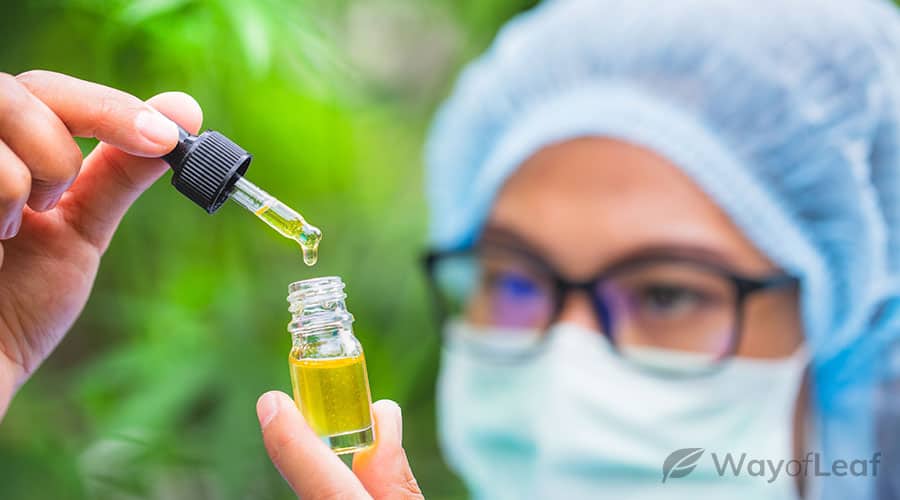
FourFive CBD has added cannabidiol to an old favorite; the effervescent multivitamin. Apart from offering 5mg of CBD per orange-flavored tablet, this product contains:
- Vitamins B1, B3, B6, B12, and C
- Minerals including zinc, iron, calcium, magnesium, and potassium
- Amino acids such as HMB and L-glutamine
One can say this is a legitimate CBD multivitamin. Using it is as easy as placing the tablet in 200ml of water and waiting for it to dissolve. We’re fast getting to the point where a CBD daily supplement COULD help you meet many of your needs. Where cannabidiol falls short, the added vitamins, minerals, and amino acids in FourFive’s effervescent tablets pick up the slack.
Other CBD brands, such as Naturecan, have elected to expand and sell various vitamins, minerals, and supplements to add to its cannabidiol range. It offers multivitamins, curcumin, activated charcoal, and many other items along with its CBD capsules, oils, snacks, and other products.
Final Thoughts: Is CBD a Viable Daily Health Supplement?
CBD is potentially a powerful antioxidant, anti-inflammatory, pain-reliever, antiemetic, and neuroprotectant. There is some evidence that it improves cardiovascular, brain, digestive, and metabolic health.
However, suggestions that it can replace other supplements are wide off the mark.
There aren’t enough studies on CBD as a health supplement for anyone to make significant claims or suggestions on the topic.
Manufacturers that label their CBD products as ‘health supplements’ could run into legal issues. While you can use cannabidiol daily, you should do so in concert with other vitamins, minerals, and nutrients.
Yet, some brands combine CBD with an array of vitamins and minerals. It is now possible to get your daily cannabidiol and multivitamin requirement in a single pill.
Nonetheless, please remember that supplement pills and drinks are no substitute for a healthy diet and lifestyle.




![What is Budder? [All You Need to Know]](https://wayofleaf.com/wp-content/uploads/2019/04/mj_what-is-budder_1920-640x225.jpg)




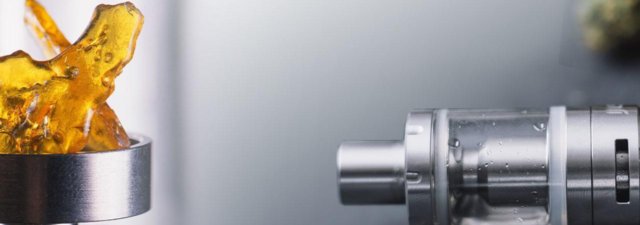
![Cannabis Will Cause Bad Breath, Unless… [Tips and Tricks]](https://wayofleaf.com/wp-content/uploads/2019/08/mj_marijuana-will-cause-bad-breath-unless-640x225.jpg)
